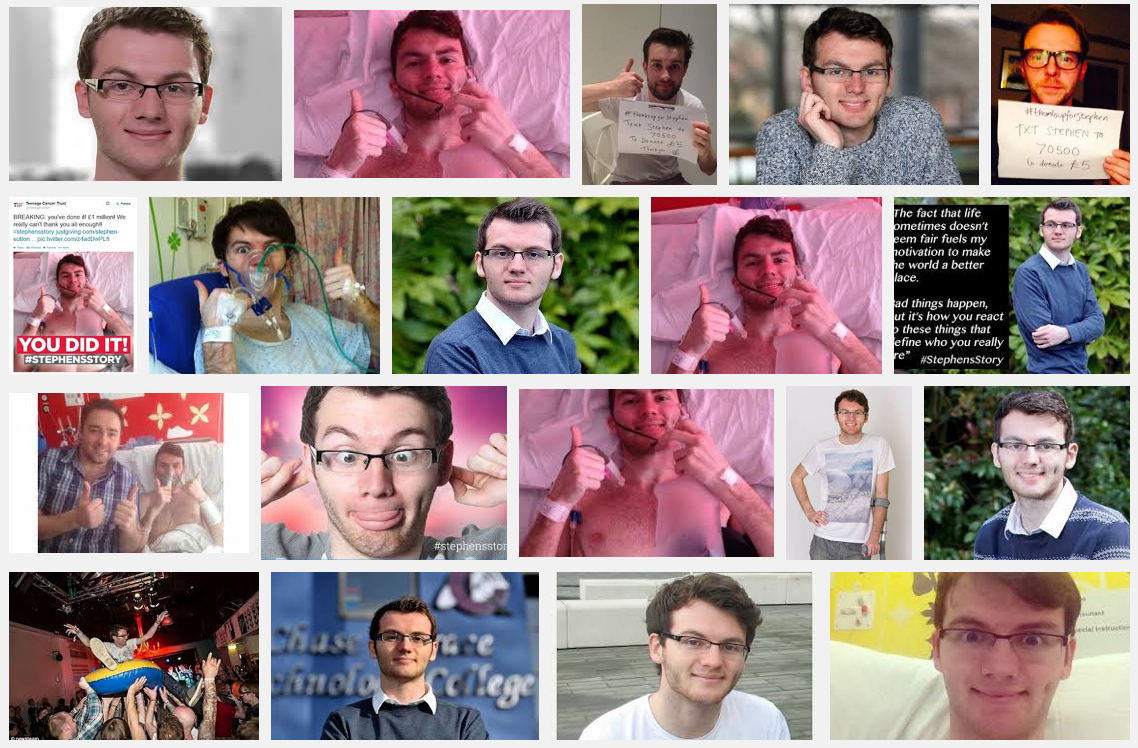I would suspect that most of us, as we age and enter the second half of our fleeting existence, dream of leaving something behind, a legacy of some sort. That something may be an invaluable collection of intangibles: thoughts, ideas and values that we pass on to our children, partners, family and friends. For others the legacy may be more physical and yet still intimate: favorite books, old toys, a battered mug, personal photos, jewelry, a treasured car. And, for others still — usually the much more wealthy among us — the legacy usually involves making a grander exit for a community or even a nation: a newly named wing of a hospital or even an entire building; a donation of art to the nation; an endowment to a favored charity or alma mater; a research chair at the local university; a bequest of land for future generations to enjoy.
During last 25-30 years we have seen the continued expansion of this ultra-wealthy class, the multi-billionaires. Despite some rather vulgar and ostentatious displays of excess, many have pledged to give most of their riches away — while still living — to worthy causes. The philanthropic who’s-who includes: Bill and Melinda Gates, Warren Buffett, Larry Ellison, Michael Bloomberg, Zuckerberg/Chan, Paul Allen, to name but a few.
This leads to an interesting question: are our billionaire contemporaries trying to play God?
From the Independent:
Is anyone else left underwhelmed by the unbearable arrogance of Mark Zuckerberg? Not content with saving Africa through his Internet.org project to get “everyone in the continent” online, he’s now decided that his money can eradicate all disease. Not just Alzheimer’s, not just the many variations of cancer, not just HIV, not just the Zika virus, not just rare genetic abnormalities and not just the common cold: all disease, because that’s what $3bn can get you. Why did none of us think of this before?
Following the birth of their first child Max last year, Zuckerberg and his wife Priscilla Chan pledged to give away 99 per cent of their wealth to philanthropic causes. Now I have to admit this is slightly more inspiring than the widespread reports Jay Z had decided to stop using the word “bitch” after the birth of his daughter Blue Ivy (a change of heart that was later denied by his publicists, FYI, so expect the B-word to continue populating Jay’s lyrics for the foreseeable future), but it’s still, at best, hopelessly naïve and incredibly American.
…
It’s a nice idea that if you become rich enough, you can start to play God – but there are clear limits to Zuckerberg’s apparent omnipotence. $3bn is a wonderful gift to medicine, which will undoubtedly be used for some very positive research, facilities and treatments. Zuckerberg and Chan are being wonderfully philanthropic and unselfish in their huge donation of funds. But the Facebook founder’s claim that lots of money can magically render all disease a minor, manageable inconvenience is unnecessarily grandiose. Killer disease will always exist – everybody dies of something – and sometimes accepting your limits is just as important as shooting for the moon.
Read the entire article here.



 [div class=attrib]From the New York Times:[end-div]
[div class=attrib]From the New York Times:[end-div]